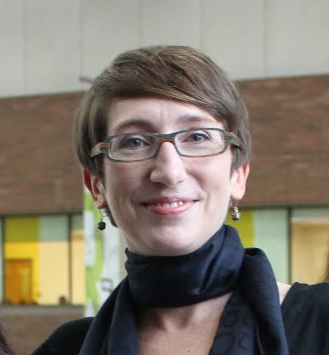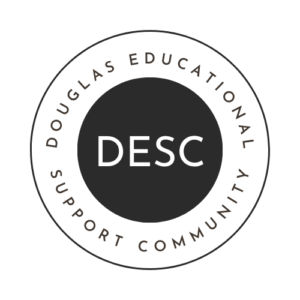
By Steven Bishop, Learning Designer, Douglas College
In an age of rapid technological change and expanding AI capabilities, educators are asking deep and necessary questions about the future of learning and what it means to be human. In a recent conversation with Nicole Vittoz, Associate Dean of Humanities and Social Sciences at Douglas College, we explored the tension between emerging technologies and enduring human capacities — and what this means for post-secondary education.
Nicole brings a thoughtful, multidisciplinary lens to this conversation, drawing on her background in psychology and her current role overseeing academic integrity and pedagogy. “…it’s hard to believe it’s been almost two years now since ChatGPT really blasted onto our stage of awareness. Many conversations over those couple of years have initially started off as, how do we stop this?,” she reflected. “…but I think we’re now slowly getting to the stage of ‘yes and’. Yes, these tools exist and we need to work within that new universe and adjust what we’re doing and try to rescue the human in there. But also use that opportunity to reframe what we’re doing, redefine what we’re doing, in some cases, revise what we’re doing. Where necessary, really articulate, don’t assume anything about other people’s motivations for engaging in the type of learning that we engaged in when we were in post secondary..”
Rather than fearing that generative AI will erode academic standards, Nicole sees this as a moment to “rescue the human.” She emphasizes that traditional assignments like the term paper still hold deep value — not for the product alone, but for the process: developing voice, critical thinking, and intellectual identity. But that process must be made visible, intentional, and supported. “If I want my students to write well, then I’m teaching writing,” she said. “That’s part of my role, even if my course is philosophy or sociology.”
The conversation also touched on the dangers of mistaking convenience for authenticity. AI tools like ChatGPT can mimic voice and polish writing — but at what cost? “When students submit something they haven’t even read, and their name is on it, we have to talk about accountability,” Nicole noted. “It’s not just about plagiarism; it’s about presence and engagement.”
Nicole also highlighted the critical role of skepticism — especially in the humanities. “Our students are usually great at questioning authority,” she observed, “but somehow these technologies have slipped under their radar. Many students trust AI more than a human.” This, she argues, makes it even more urgent to model and teach critical inquiry.
She also reminded us that not all use of AI is negative — tools like text-to-speech and translation software can remove barriers for students with disabilities or language challenges. But the real question becomes: What do we want to offload, and what do we need to protect?
For Nicole, the answer lies in fostering authentic learning, nuanced communication, and ethical reflection. She invites educators to consider transparency frameworks, assignment redesign, and open dialogue with students. And perhaps most importantly, to reclaim the space of conversation itself — where questions unfold, insights emerge, and we remember why education matters.
“Dialogue is an important human attribute,” Nicole said in closing. “We need to keep talking about these things.”
And we will.

Leave a Reply